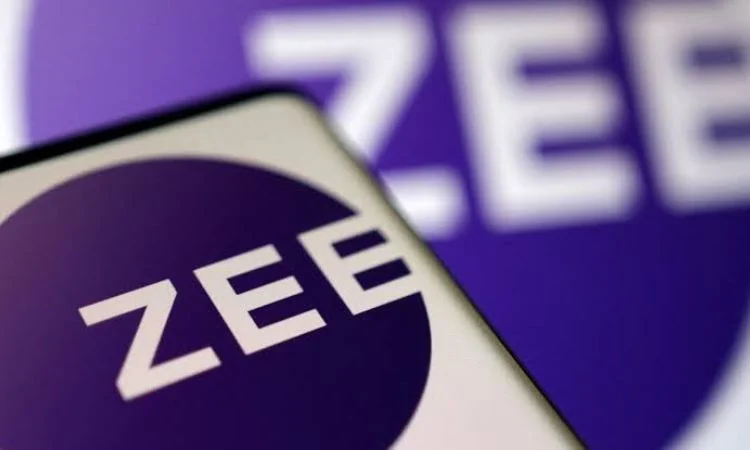In a major setback, reports indicate that Sony is considering termination of its proposed $10 billion merger with Zee Entertainment. Citing regulatory issues faced by Zee MD Punit Goenka, the Japanese conglomerate is reportedly sending an official notice to call off the landmark deal. If true, this development throws the future strategies of both media players into uncertainty. Let’s analyze the key highlights and potential implications.

As per sources, Sony is no longer comfortable with Goenka assuming a leadership role in the merged entity due to an ongoing SEBI probe against him. This is a big roadblock considering Goenka’s planned position was integral to the negotiations. For over two years, the deal proponents worked through multiple hurdles around shareholder dissent, insolvency issues, and regulator clearances. Just when an end was in sight, Sony seems to have gotten cold feet regarding the regulatory environment.
For Zee, this is a massive setback given its focus was on leveraging the proposed synergy benefits. As a standalone entity, it now needs to devise fresh strategies to step up underwhelming growth. Competition is rising amid consolidation moves by peers as well. Its liquidity and debt position will also be closely watched by investors and agencies. Some potential options could be tweaking the board and management setup to regain investor confidence.
Similarly, without the Zee deal, Sony will have to explore other avenues to achieve its India broadcast expansion goals. It may consider smaller acquisitions or partnerships instead to start with. However, significant capital allocation for the sector is now off the table for the foreseeable future. Meanwhile, its ongoing sports business joint venture with ZEE could face some turbulence too.
Overall, merger failures usually hurt all parties involved. Both companies may take a while to recover from this setback and reassure stakeholders about independent strategies. While regulatory issues are understandable, timely communication to avoid protracted uncertainty would have helped create a more positive outcome. In the highly dynamic media sphere, agile moves will now be critical for their long-term competitiveness.
The failed merger between Sony and Zee is undoubtedly a setback for both companies and their investors. However, speculating too much about reasons for the potential termination could be counterproductive. Perhaps the firms are still in dialogue to work through challenges, as unifying large businesses is rarely straightforward. Going forward, their focus on independent strategies and stakeholder communication will be key to mitigating fallouts of this delay. I wish them the very best in their future endeavors.















